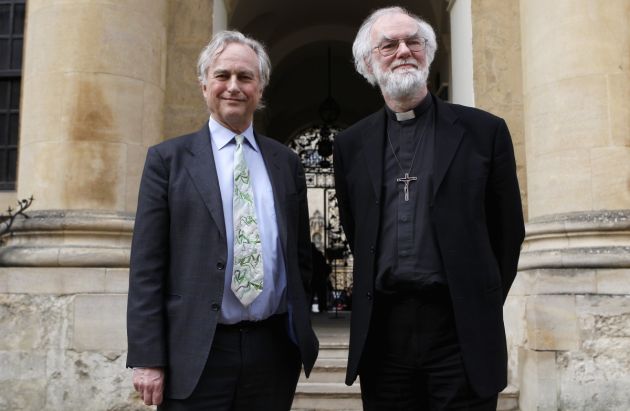US follows Europe as church membership falls below 50 percent

Americans seem to be following the pattern of Europeans and going to places of worship less and less and becoming more secular.
The proportion of Americans who consider themselves members of a church, synagogue or mosque has dropped below 50 percent, a Gallup poll released March 29 found.
It is the first time that has happened since Gallup first asked the question in 1937, when church membership was 73 percent.
Americans' membership in houses of worship continued to decline last year, dropping below 50 percent for the first time in Gallup's eight-decade trend.
In 2020, 47 percent of Americans said they belonged to a church, synagogue or mosque, down from 50 percent in 2018 and 70 percent in 1999.
"In recent years, research data has shown a seismic shift in the U.S. population away from religious institutions and toward general disaffiliation, a trend that analysts say could have major implications for politics, business and how Americans group themselves," The Washington Post reported.
In 2020, 47 percent of Americans said they belonged to a church, synagogue or mosque.
The polling firm also found that the number of people who said religion was very important to them has fallen to 48 percent, a new low point in the polling since 2000.
When Gallup first measured in 1937, U.S. church membership was 73 percent and remained near 70 percent for the next six decades, before beginning a steady decline around the turn of the 21st century.
Gallup said that as many Americans celebrate Easter and Passover this week, it was updating a 2019 analysis that examined the decline in church membership over the past 20 years.
Gallup said it asks Americans a series of questions on their religious attitudes and practices twice each year.
It found that church membership is strongly correlated with age, as 66 percent of traditionalists, or U.S. adults born before 1946, belong to a church.
That compared with 58 percent of baby boomers, 50 percent of those in Generation X, the generation of Americans born between the mid-1960s and the early-1980s. and 36 percent of millennials, those born between 1981 and 1996.
"The U.S. remains a religious nation, with more than seven in 10 affiliating with some type of organized religion," the Gallup report says.
"However, far fewer, now less than half, have a formal membership with a specific house of worship.
"While it is possible that part of the decline seen in 2020 was temporary and related to the coronavirus pandemic, continued decline in future decades seems inevitable, given the much lower levels of religiosity and church membership among younger versus older generations of adults."